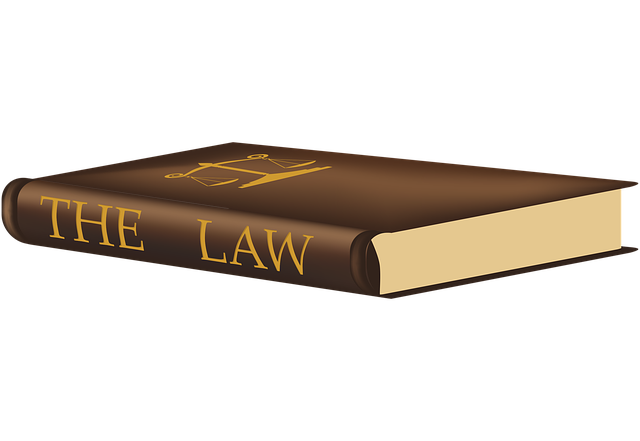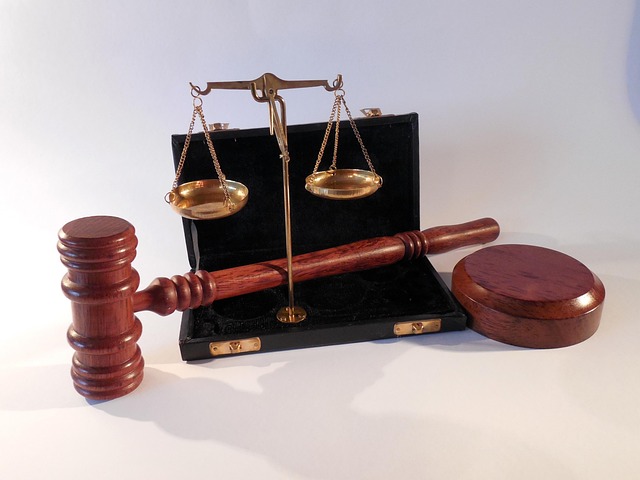The RF Securities Industry operates under stringent regulations from government agencies, SROs, and legal experts to uphold fairness, transparency, and investor protection. Key among these is the Criminal Trial Jury Selection process, which leverages specialized legal expertise to select impartial juries capable of understanding complex financial and regulatory matters. Effective strategies involve rigorous pretrial research, data analytics for bias detection, nuanced voir dire questioning, and leveraging successful securities jury trials to build public trust in the system.
“The regulation of the RF securities industry is a complex landscape, where understanding key legal frameworks and player roles is vital. This article navigates the intricate world of RF securities regulation, focusing on two critical aspects: criminal trial jury selection strategies and their impact on regulatory enforcement. We explore best practices to ensure fair and efficient jury selection in securities cases, a crucial element in maintaining a robust regulatory environment.”
- Understanding RF Securities Industry Regulation: Key Players and Legal Framework
- The Role of Criminal Trial Jury Selection in Regulatory Enforcement
- Best Practices for Efficient and Fair Jury Selection Strategies in Securities Cases
Understanding RF Securities Industry Regulation: Key Players and Legal Framework

The RF Securities Industry is heavily regulated to ensure fairness, transparency, and investor protection. At the heart of this regulation lie key players such as government agencies, industry self-regulatory organizations (SROs), and legal experts specializing in securities law. These entities work collaboratively to establish and enforce a robust legal framework that governs the issuance, trading, and management of securities. The intricate web of regulations includes guidelines for disclosure requirements, insider trading, fraud prevention, and fair market practices.
Understanding this regulatory landscape is crucial for participants in the industry, as it significantly impacts strategies like Criminal Trial Jury Selection. With an unprecedented track record of successful general criminal defense cases, legal professionals armed with expertise in securities law can navigate these complex regulations effectively. This knowledge helps them devise robust defense strategies, even when facing charges related to intricate financial matters, ultimately aiming for complete dismissal of all charges.
The Role of Criminal Trial Jury Selection in Regulatory Enforcement

In the RF Securities Industry Regulation, Criminal Trial Jury Selection plays a pivotal role in ensuring fairness and effectiveness of regulatory enforcement. The process begins with careful strategies that target identifying jurors who can impartially evaluate complex financial crimes. This involves delving into potential jurors’ backgrounds, experiences, and prior knowledge to gauge their understanding and biases related to securities regulations. By employing robust Criminal Trial Jury Selection Strategies, the court ensures a diverse panel capable of dissecting intricate cases involving corporate and individual clients.
This selection process goes beyond merely filtering for general criminal defense proficiency; it delves into the specific nuances of financial markets and regulatory frameworks. The goal is to seat jurors who can navigate the intricate relationships between philanthropic and political communities, understanding their potential impacts on securities regulations. This meticulous approach not only strengthens the integrity of trials but also reinforces public trust in the regulatory process, ultimately shaping the landscape of the RF Securities Industry.
Best Practices for Efficient and Fair Jury Selection Strategies in Securities Cases

In the realm of RF securities industry regulation, efficient and fair jury selection strategies are paramount for ensuring justice in criminal trials. The process must be meticulously designed to avoid any potential biases and ensure a diverse, representative panel. One key best practice is implementing robust pretrial research and screening methods. This involves thorough background checks on prospective jurors, allowing attorneys to identify and challenge any individuals with conflicts of interest or prejudiced views related to financial cases. By employing advanced data analytics and public records searches, legal teams can uncover potential issues that may otherwise go unnoticed.
Additionally, effective strategies include utilizing nuanced questioning during voir dire to elicit insights into the respective business acumen and personal experiences of jurors. This enables lawyers to gauge their understanding of complex securities matters and identify any unconscious biases. An unprecedented track record of successful jury trials in securities cases can also be a valuable asset when selecting panels, as it demonstrates both the clarity of legal arguments and the impartiality of the judiciary in such specialized proceedings, ultimately fostering public confidence in the justice system.
The regulation of the securities industry is a complex landscape, where efficient and fair jury selection plays a pivotal role in ensuring justice. As discussed, understanding the key players and legal framework is essential, while adopting best practices for criminal trial jury selection strategies can significantly impact the outcome of securities cases. By leveraging these tactics, the industry can navigate regulatory challenges effectively, fostering integrity and transparency in financial markets. This approach not only strengthens legal enforcement but also enhances investor confidence, ultimately contributing to a more robust and trustworthy securities ecosystem.






